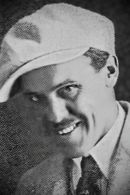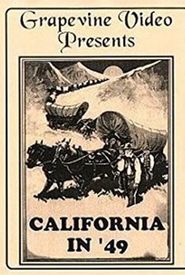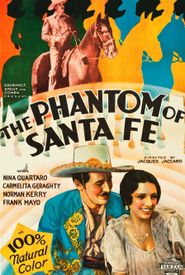Jacques Jaccard, a native of New York, embarked on a cinematic journey at a remarkably early age, making his on-screen debut as an actor in 1913. Simultaneously, he honed his skills behind the camera, taking on various roles such as assistant director, while also continuing to act. As his career progressed, he discovered his true calling as a writer and eventually transitioned into directing, specializing in serials, westerns, and action films, many of which were produced by Universal Pictures.
However, around the mid-1920s, Jaccard began to work with lower-rent studios, including Goodwill Pictures, Syndicate Pictures, and Arrow Pictures, as well as independent producers like Ben F. Wilson. When the advent of sound revolutionized the film industry, Jaccard, like many silent-era directors, struggled to adapt to the new technologies and procedures. Consequently, his work as a director was largely confined to low-grade westerns intended for the states-rights market.
At one point, Jaccard's desperation for employment led him to accept a directing position on a film produced by the notorious Robert J. Horner, The Cheyenne Kid (1930),a decision that likely resulted in unpaid labor. He continued to work as a director until 1936, when he helmed his final film, the cheap western Senor Jim (1936),produced by low-rent studio Beaumont Pictures.
Jaccard subsequently transitioned to a career as a screenwriter and dialogue director, remaining active in the industry until his retirement in 1944. He passed away in Los Angeles in 1960, bringing an end to a career marked by both triumph and adversity.




















